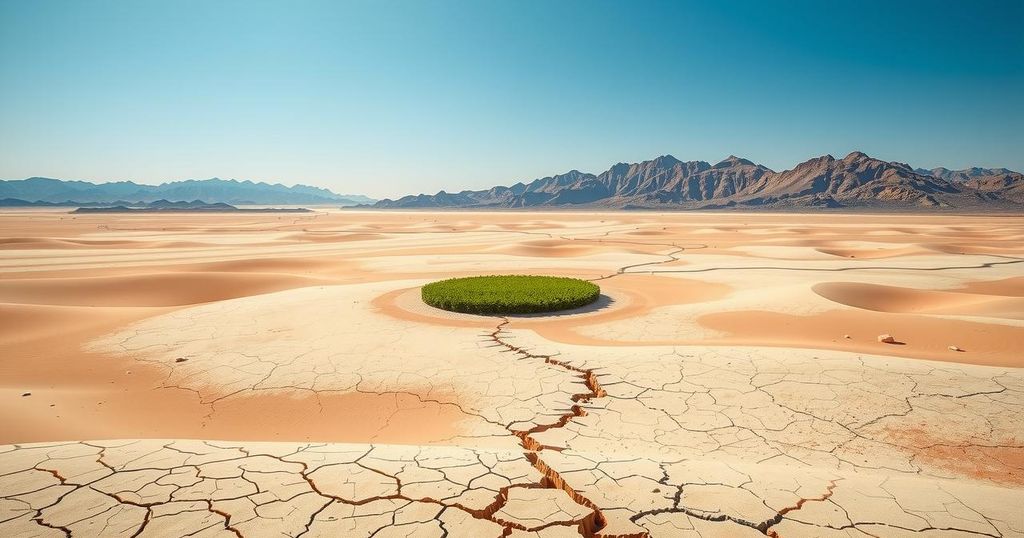Mongolia has signed an agreement with the UNCCD to host COP17 in 2026, focusing on combatting desertification, particularly in the expanding Gobi Desert. Ambassador Jargalsaikhan Ensaikhan emphasized the widespread nature of desertification, affecting 70% of Mongolia’s land. The country has initiated a national reforestation campaign, aiming to plant one billion trees by 2030, while also promoting research and shared strategies at the upcoming conference.
On February 27, 2023, Mongolia formalized an agreement with the United Nations Convention to Combat Desertification (UNCCD) to host the 17th Conference of Parties (COP17) in Ulan Bator in 2026. This significant event will involve participation from 194 countries, focusing on combating desertification.
During discussions in Washington, Mongolia’s Ambassador Jargalsaikhan Ensaikhan highlighted the ongoing challenge of desertification, particularly in the Gobi Desert, which is experiences gradual expansion. Ensaikhan noted, “The sands are moving,” underscoring the urgency of addressing this environmental issue.
Mongolia, which is predominantly covered in grasslands, also deals with desertification challenges that extend beyond its borders. The UNCCD reports that 60% of the Central Asian region is utilized for grazing, creating economic reliance on this land for one-third of its population. Ensaikhan mentioned that “More than 100 countries face desertification problems,” with many located in the Global South.
The ambassador further stated that approximately 70% of Mongolia’s land is threatened by desertification, winds, dust storms, and drought, all of which adversely impact food security and biodiversity. To counteract these issues, Mongolia has initiated a national reforestation campaign called “One Billion Trees,” aiming to encourage citizens to participate actively by 2030.
Reforestation is recognized as an effective strategy against desertification because tree roots enhance soil stability and moisture retention. Moreover, trees can serve as windbreaks when planted correctly. Ensaikhan emphasized the need for research to identify suitable tree species for particular regions, stating, “Not every type of tree will grow in Mongolia.”
Looking ahead to COP17, one of the conference’s objectives will be to facilitate the sharing of effective desertification combat strategies and to commission collaborative research efforts. As Ensaikhan observed, “nobody was working on how to do reforestation” effectively, highlighting a critical gap in knowledge in reforestation practices.
Ensaikhan is a seasoned diplomat and currently chairs the NGO Blue Banner, which advocates for nuclear non-proliferation and disarmament in Northeast Asia.
Mongolia’s upcoming hosting of COP17 in 2026 represents a crucial opportunity to address desertification on a global scale. With over 70% of its land under threat, the nation is actively implementing projects like the “One Billion Trees” initiative to combat this pressing environmental issue. Collaborative efforts and research will be essential in effectively tackling desertification and promoting sustainable practices worldwide.
Original Source: www.upi.com






